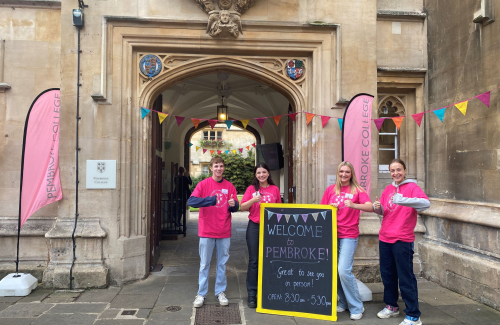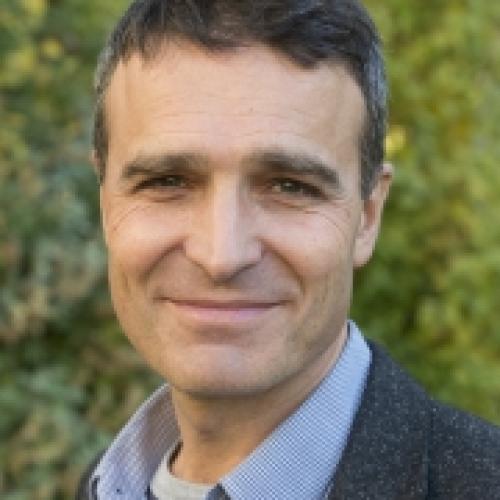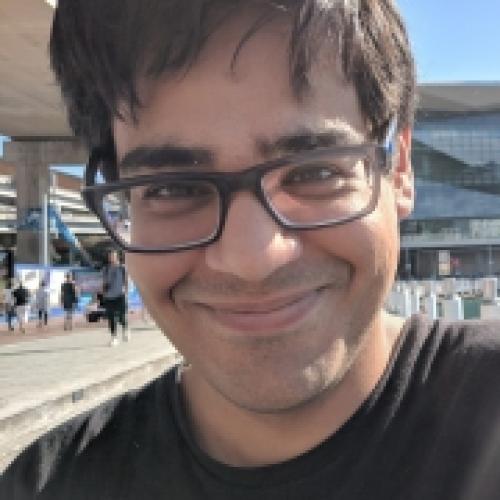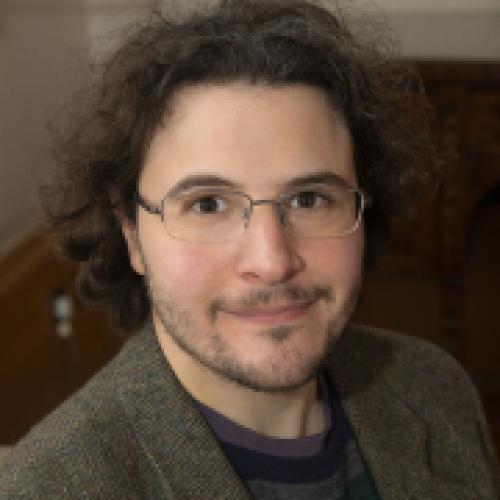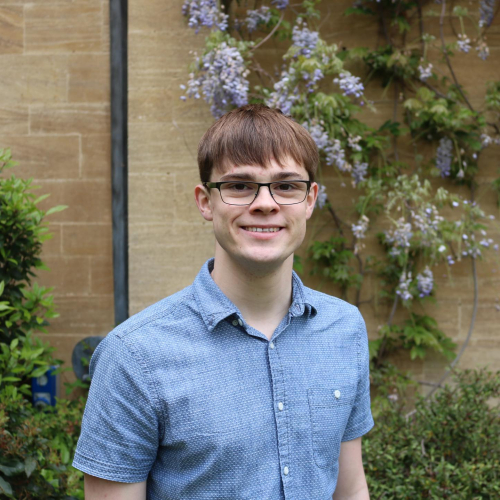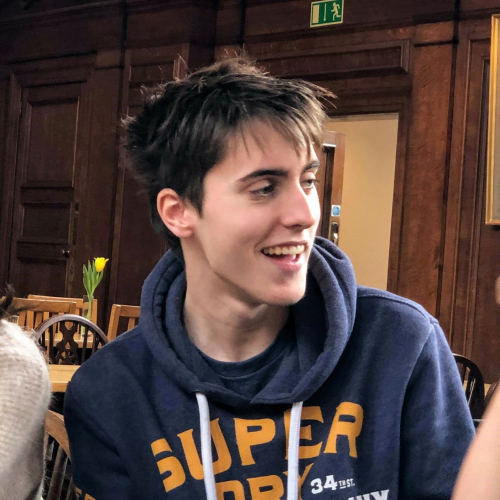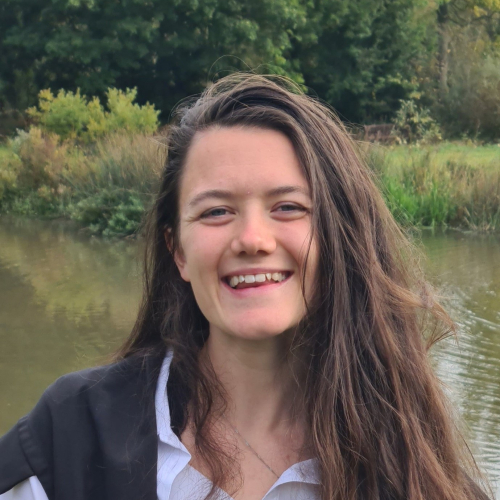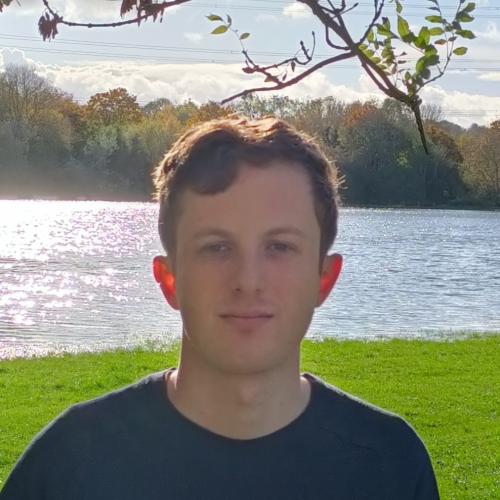Mathematics
Why Choose Pembroke?
Pembroke offers a diverse range of subject areas from algebraic geometry and number theory to algorithms and data sciences. Our tutoring system offers the opportunity for you to meet and engage with up-and-coming lecturers who are specialists in their own exciting fields of research.
- The Maths society meets twice a term and offers engaging talks by guest speakers about the real-life application of mathematics. It also provides the unique opportunity to network with experts in a range of fields.
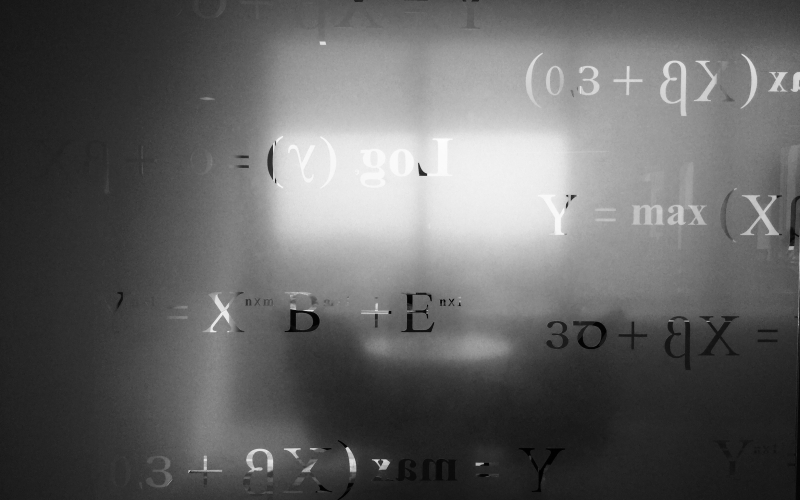
Have you considered our joint honours courses?
We also offer Maths as a joint degree with Philosophy, and we will also offer Maths with Computer Science.
Meet Our Academics
Mathematics
Why Choose Pembroke?
Pembroke offers a diverse range of subject areas from algebraic geometry and number theory to algorithms and data sciences. Our tutoring system offers the opportunity for you to meet and engage with up-and-coming lecturers who are specialists in their own exciting fields of research.
- The Maths society meets twice a term and offers engaging talks by guest speakers about the real-life application of mathematics. It also provides the unique opportunity to network with experts in a range of fields.

Have you considered our joint honours courses?
We also offer Maths as a joint degree with Philosophy, and we will also offer Maths with Computer Science.
